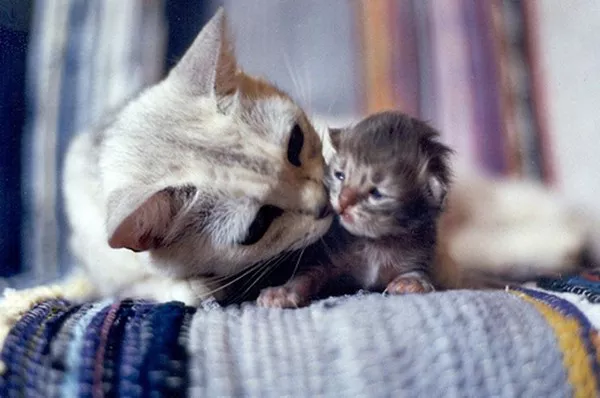Taking care of kittens can be a rewarding experience, but it also comes with a lot of responsibilities. One of the most important aspects of kitten care is feeding. Feeding your kittens at the right time and with the right amount of food is essential to their health and growth. In this article, we will discuss how often to feed 2-week-old kittens and some tips for ensuring they get the nourishment they need.
Understanding Your 2-Week-Old Kittens’ Nutritional Needs
At two weeks old, kittens are still nursing from their mother. Their primary source of nutrition should be their mother’s milk, which contains all the necessary nutrients and antibodies they need to grow and stay healthy. However, there are instances where the mother cat may not be present or unable to produce enough milk, and that’s where you come in.
If you are caring for orphaned kittens, it’s important to provide them with a suitable milk replacement. Commercial kitten milk replacers are available at pet stores or from your veterinarian, and these formulas are designed to mimic the nutritional content of a mother cat’s milk.
How Often to Feed 2-Week-Old Kittens
At two weeks old, kittens should be fed every 2-3 hours. This means they will need to be fed around 8-12 times a day. It’s important to stick to a regular feeding schedule to ensure your kittens get the nourishment they need.
Feeding Tips for 2-Week-Old Kittens
Here are some tips to keep in mind when feeding your 2-week-old kittens:
- Use a Small Bottle with a Nipple: Kittens can’t drink from a bowl yet, so you’ll need to use a small bottle with a nipple. Make sure the hole in the nipple is small enough to prevent choking.
- Keep the Formula at the Right Temperature: Kitten milk replacer should be warm, but not too hot. Test the temperature by putting a drop on your wrist. It should feel warm, but not hot.
- Encourage Your Kittens to Eat: Gently stroke your kittens’ mouths with the nipple to encourage them to open their mouths and start sucking. Be patient and give them time to get the hang of it.
- Burp Your Kittens: After feeding, gently pat your kittens’ backs to help them burp. This can prevent them from getting gas and feeling uncomfortable.
- Clean Up After Feeding: Kittens are messy eaters, so make sure to clean up after each feeding. Use warm water and a soft cloth to clean your kittens’ faces and bodies.
As your kittens get older, they will start to wean off their mother’s milk and transition to solid food. This process usually starts around 4-6 weeks of age. You can start introducing a small amount of wet food mixed with kitten milk replacer to help them get used to the taste and texture.
In conclusion, feeding your 2-week-old kittens every 2-3 hours with a suitable milk replacement is essential to their health and growth. Stick to a regular feeding schedule and follow the tips mentioned in this article to ensure your kittens get the nourishment they need. As your kittens grow and develop, they will start to wean off their mother’s milk and transition to solid food. Keep an eye on their eating habits and consult with your veterinarian if you have any concerns about their health or nutrition.
Recommended reading:

























